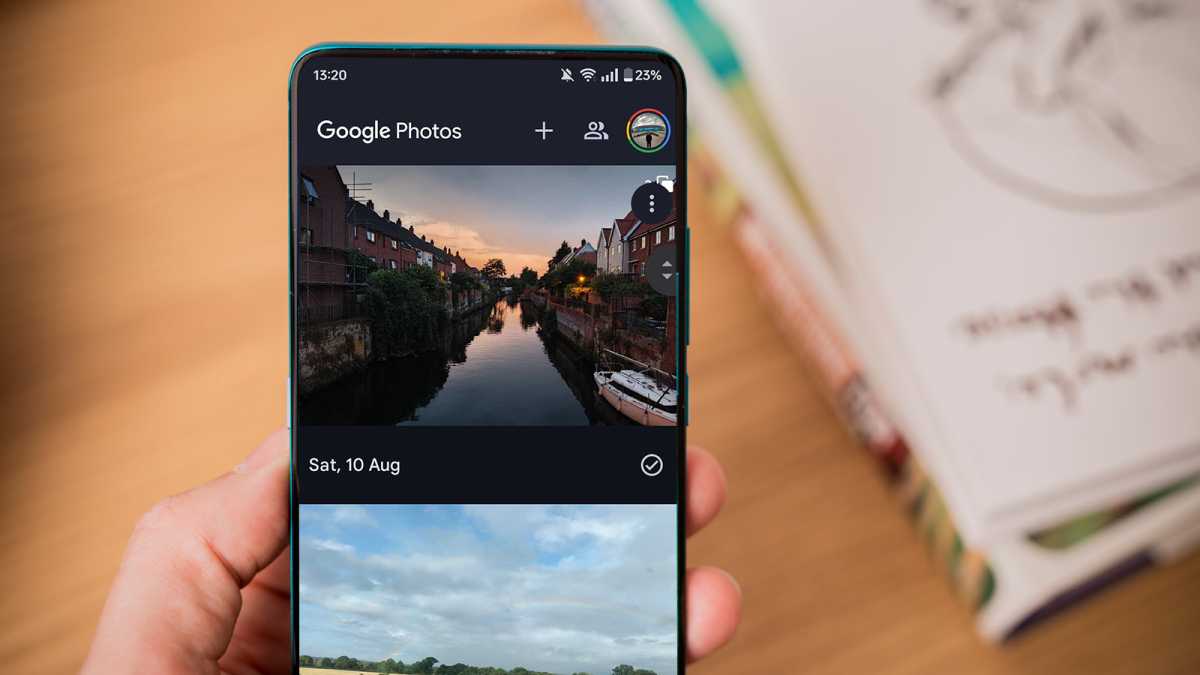I’ve been journalling for almost a decade, and it’s become one of the most important parts of my daily routine.
Almost every night, I spend a few minutes getting my thoughts down on paper, and it’s undoubtedly helped to improve my mental clarity and state of mind over the years.
What started in 2016 as a general stream of consciousness evolved into a list of three things that went well and one thing I’d like to improve each day. More recently, I simply list a few things that I’m grateful for before I go to sleep, something that’s particularly useful on more difficult days.
This is a deeply personal activity that I prefer sharing only with a pen and a notebook, but I recognise the benefits of using an app for journalling. It makes your notes easily searchable and available across all your devices, while avoiding the clutter of a build-up of filled notebooks.
On the surface, Google dipping its toe into the world of journalling apps makes a lot of sense. Apple launched its Journal app back in 2023, and the ability to sync via your Google account will be an appealing option for many people.
Google hasn’t revealed much about its new Pixel Journal app at this stage, although we do know that it’ll debut on the new Pixel 10 series. However, the only feature it’s mentioned so far makes for disturbing reading.
According to Google, Pixel Journal will allow you to, and I quote, “record thoughts via AI-generated prompts”. Call me the John McEnroe of tech journalism, but you cannot be serious, Google!
I don’t have to test it to tell you that artificial intelligence in a journalling app is a terrible idea. Journalling is a private activity, and something that should only involve you and your thoughts.
Call me the John McEnroe of tech journalism, but you cannot be serious, Google!
Technology can make the process more streamlined, but it shouldn’t be used to guide you in any particular direction. If you need prompts, they should be generic – there’s no need for AI to get involved.
To be clear, I’m not asking for the Pixel 10 series to be an AI-free zone. Indeed, Google has some of the most compelling artificial intelligence features of any phone. But it should only be applied in areas where it can really make a real difference, such as photo editing, real-time translation and support for those with visual impairments.

Foundry
In the ChatGPT era, people are beginning to turn to AI for support with their mental health. I understand the appeal, especially when therapy may be prohibitively expensive, but I’d urge people to consider the impact of sharing their deepest thoughts and feelings with AI. Do you really know where that data ends up, and can you guarantee it won’t be sold to marketers?
In the Pixel Journal app, it sounds as though Google will be analysing your journal entries in order to provide tailored, personalised prompts. If that’s the case, I’ll be steering well clear of it.
See more news and opinions on the Pixel 10 phones in our dedicated 2025 Google Event hub.








